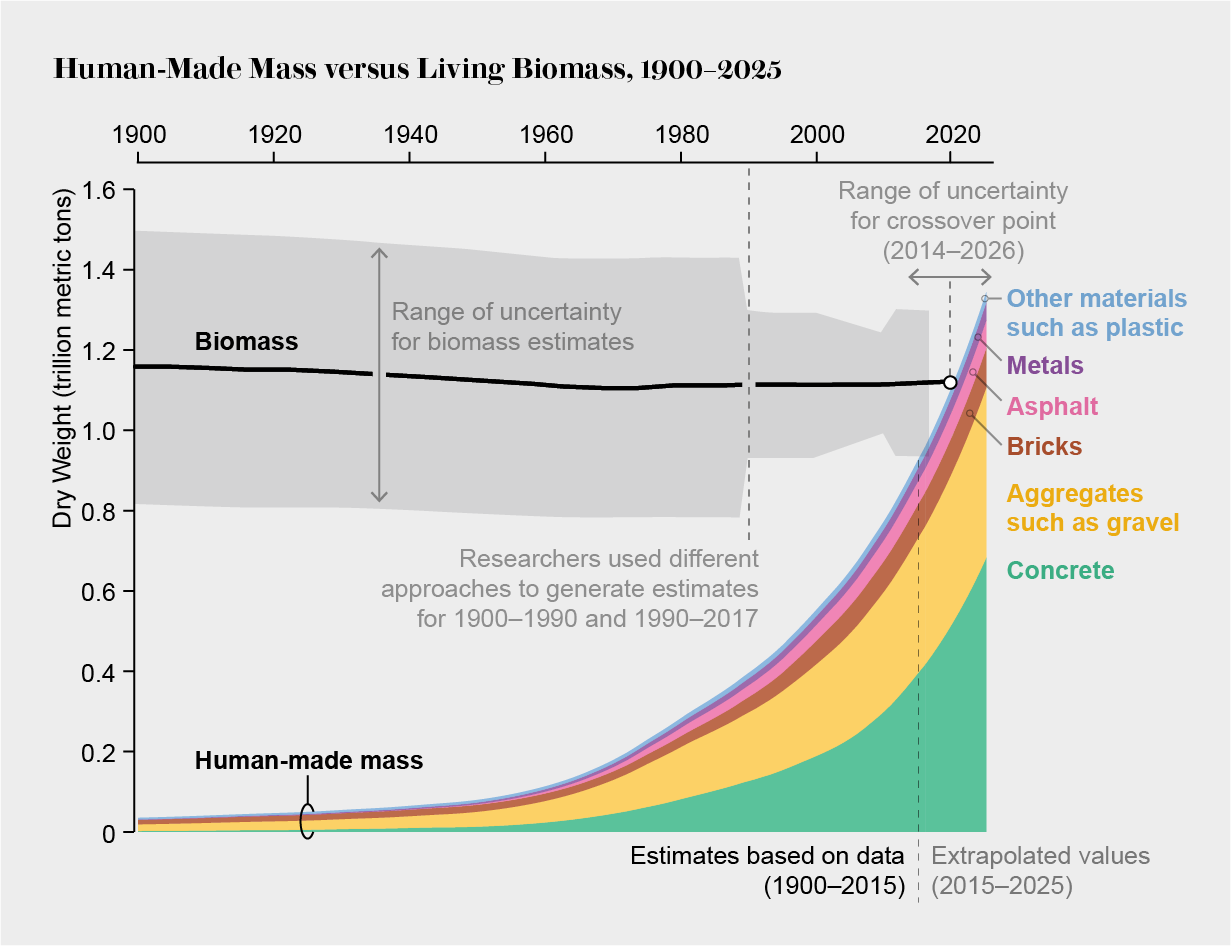
What if the movie Face-off had been set during the 1860’s? I think it would have gone a little something like this. (Photo NYTimes)
The first half of this piece can be found at Pseudohistory Repeats Itself, Part 1, an extended fisking of is School Choice Is Not Enough: The Impact of Critical Social Justice Ideology in American Education by Zach Goldberg & Eric Kaufmann
Guilt by Association
Over and over, Goldberg & Kaufmann (G&K) express concern about white kids who fear that they will be perceived as racist:
As a likely consequence of this fear, those exposed to CRT become less willing to criticize a black schoolmate, preventing black pupils from hearing useful feedback from classmates.
And,
[T]he teaching of CRT is likely to significantly impair the peer feedback process for black students, limiting potential opportunities for black students’ intellectual growth.
“Useful feedback” is the most euphemistic way of describing racially-motivated bullying I’ve ever heard.
They attempt to quantify this phenomenon by asking how comfortable someone feels criticizing their peers of different races. People reporting more exposure to teaching about racial injustice tend to be more concerned about criticizing students of color, whereas students of color feel more comfortable criticizing their white peers. The latter case is, presumably, the thing that really scares them. Especially scary since it appears to increase the more “CRT” they report having been exposed to. Suddenly, instead of being “helpful feedback,” (like when Black kids are on the receiving end), for some reason, it is now described in grave-sounding tones. They don’t seem quite so worried that white kids will lose out on the benefits of this criticism.
Until, hilariously, G&K realize the implicit contradiction and make sure to wedge this sentiment into the very end of the section (in defiance of the article’s primary thrust about the dangers of CRT): “[T]hese results would suggest that teaching more CRT is likely to benefit white students by introducing a greater willingness among pupils to criticize them while harming black students by withholding the criticism that might further their intellectual development.”
Saved it at the last minute!
Whites who say they were taught three or more CRT concepts were nearly 13 points more likely to say they would have been uncomfortable criticizing a black schoolmate compared to whites who were taught no CRT. Ironically, the effect of CRT is to discourage criticism that might help to improve the very minority outcomes that CRT claims to care about.
This is not, in fact, a thing “that CRT claims to care about.” Critical race theory seeks to explain broadly disparate life circumstances among racial groups. It is concerned with matters of wealth, power, and law. It spends considerably less time (in my understanding) on whether it would be helpful for Trevor to tell his classmate to consider whether all lives actually matter.
Yet, they cannot help themselves. They go further still: white kids should not be made to learn anything that causes them to have an emotional reaction.
We find that white respondents with higher CRT-related exposure feel more guilty about their race, experiencing negative sentiment toward their own group. Whereas 39% of whites who did not report any CRT-related classroom exposure indicated feeling “guilty about the social inequalities between white and black Americans,” this share rises to 45% among whites who reported being taught one or two CRT-related concepts, and to between 54% and 58% among whites who reported being taught three or more concepts. Here, we should also note that levels of agreement with this statement are considerably and significantly higher among white liberals (65%) than white conservatives (29%), which accords with the findings of past research.
No one alive currently should, in fact, feel shame or guilt about the past. We weren’t there. It wasn’t us. Even people whose direct ancestors did awful things are not, themselves, responsible for those acts. To live otherwise would be to inhabit a prison of unatonable regret.
This does not imply that downplaying the evils of history is necessary. Rather, the fact of our innocence and non-involvement is what allows us to deal honestly with those evils. Only someone who felt kinship with the past’s worst racists would feel a need to make justifications and excuses for them. Obfuscating the truth about historical actors aligns oneself with those whose reputation the lies burnish.
As far as the “guilt” described in that survey, the extent of distress it causes is unclear. It is possible, of course, to feel guilt within one context without it being an ever-present part of your day-to-day life. Someone can say they feel “guilt” over things which they understand not to be their own literal fault. I might say I feel “guilty” that I missed your birthday party because my flight was canceled. Or I might say that I feel “guilty” that I relished tearing apart your idiotic CRT push-poll faux research article. Of course, I would not feel true guilt in either of these cases. I would feel rhetorical guilt, rather than the emotion of guilt. It is even possible to recognize a certain level of group culpability, without feeling as if you have a personal relationship to it. Needless to say, the potential meanings of “guilt” used here are broad. And its negative effect on students is unspecified.

Good old-fashioned civic engagement



/cdn.vox-cdn.com/uploads/chorus_asset/file/19895361/IMG_3015.jpg)








